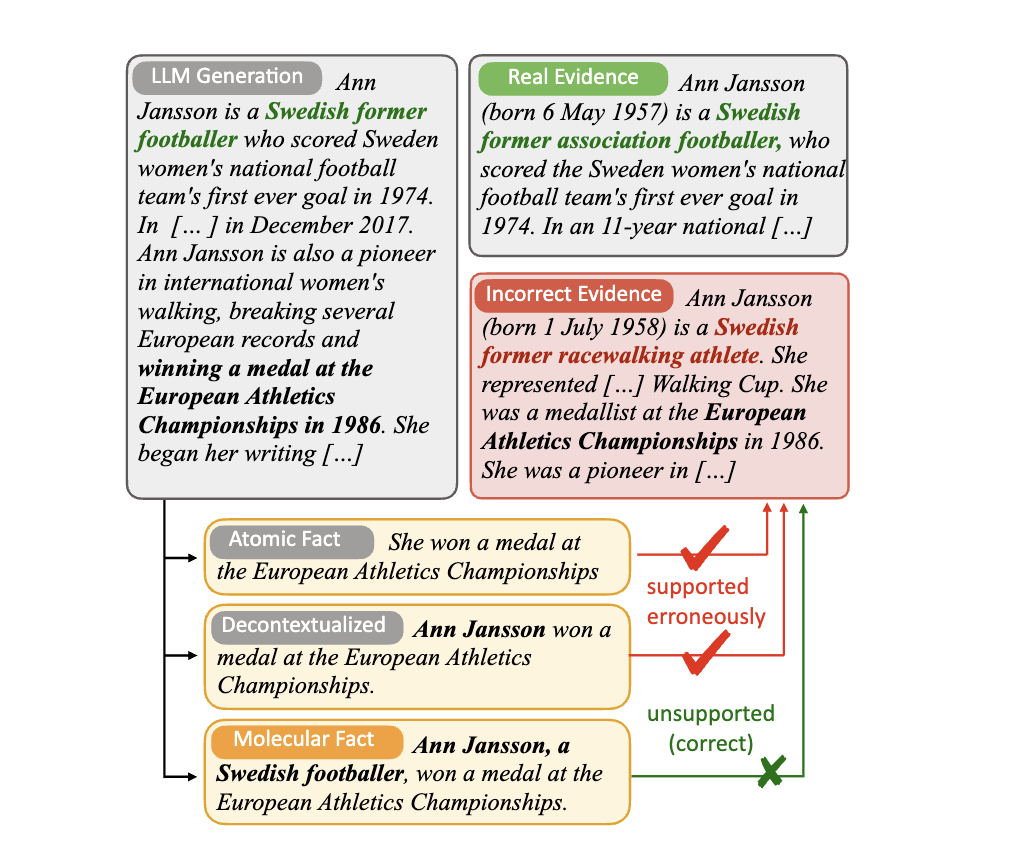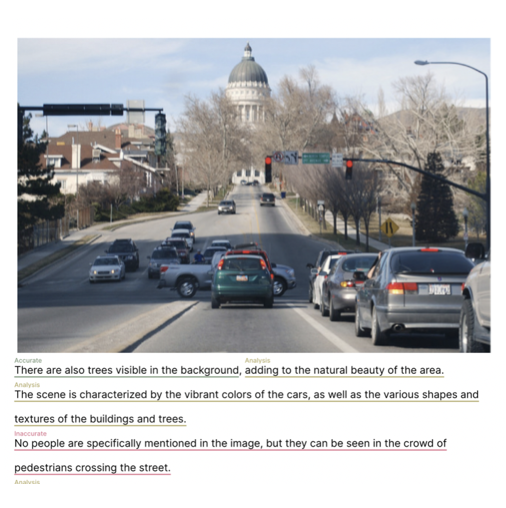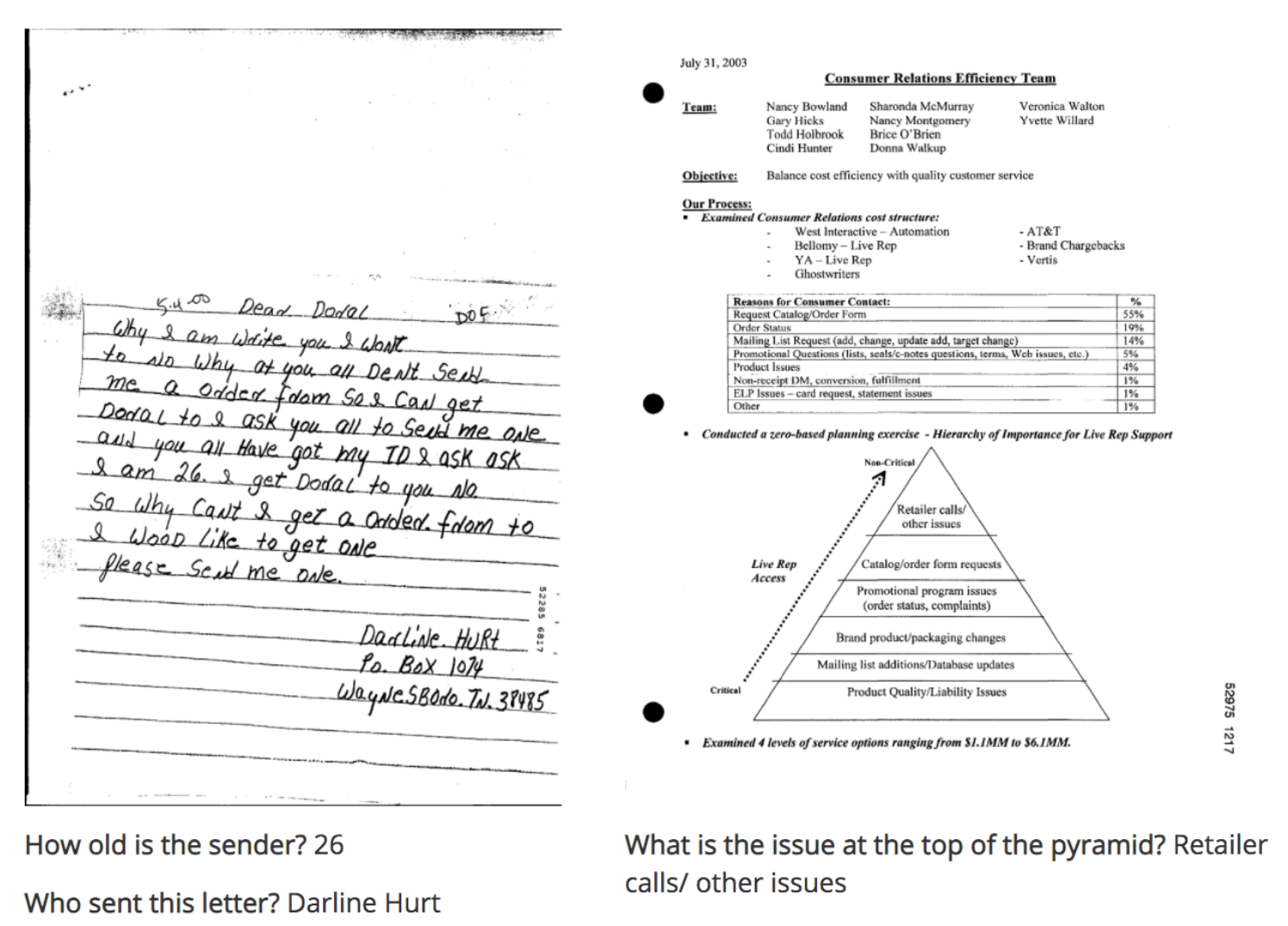|
I am a Machine Learning Research Engineer at Scale AI, where I research on reasoning and alignment in large language models. My research also focuses on building robust datasets and evaluation benchmarks to promote trustworthiness and safety in LLMs. I recently completed my M.S. in Computer Science at UT Austin, where I was advised by Prof. Greg Durrett at the TAUR Lab. At UT, my research centered on fact verification and evaluation for language model outputs. Prior to this, I was a Visiting Scholar at the Cognitive Learning for Vision and Robotics Lab (CLVR) at the University of Southern California, advised by Prof. Joseph Lim. I also served as the Lead Machine Learning Engineer for Documents AI at HyperVerge, Inc., where I built scalable OCR and information extraction systems deployed across South and Southeast Asia. Beyond the realms of research, I love traveling, salsa dancing, and capturing the adventures of my canine companions! |

|
|
|
My research lies at the intersection of post-training, alignment, and trustworthiness in large language models, with a focus on human-grounded machine learning. I develop methods that enhance the reasoning capabilities and interpretability of LLMs through post-training techniques such as RLHF, rubric-guided reward modeling, and preference optimization. A core part of my work involves constructing high-quality evaluation benchmarks and datasets that reflect real-world complexity and human values, enabling more reliable and transparent AI systems. |

|
V. Nath, E. Lau, Anisha Gunjal, M. Sharma, N. Barhate, S. Hendryx arXiv preprint, 2025 paper Introduces "Guide", a new class of reinforcement learning algorithms that integrates adaptive guidance to significantly improve reasoning in LLMs. |

|
Anisha Gunjal, Greg Durrett EMNLP Findings 2024 paper Studies how context affects LLM fact verification and introduces the concept of “molecular facts” to isolate and evaluate factual reasoning. |

|
Anisha Gunjal, Jihan Yin, Erhan Bas AAAI 2024 paper Reducing Hallucinations in LVLMs using a novel benchmark dataset M-HalDetect which is used to train fine-grained reward models capable of detecting unfaithful text generations for a given image context. |

|
Anisha Gunjal, Greg Durrett arxiv preprint 2023 paper Generating and automatically evaluating lightly structures complex event schemas using large language models. |

|
Jun Yamada, Karl Pertsch, Anisha Gunjal, Joseph Lim ICLR 2022 project page / paper Investigation of using task information for learning representations for RL in visually complex scenes. |

|
Anisha Gunjal, Vipul Gupta, Moinak Bhattacharya, Digvijay Singh CVPR 2020, Leaderboard Rank: 4 code / blog / workshop Joint modeling of text and layout information using transformers for Visual Question Answering on unstructured documents. |

|
Anisha Gunjal ICML 2018, Poster Presentation paper / workshop Contrastive Learning on retinal images for determining the stage of Diabetic Retinopathy disease progression on a small sized medical image dataset. |
|
|
|
|
|
Clone this to overcome good website design FOMO! |